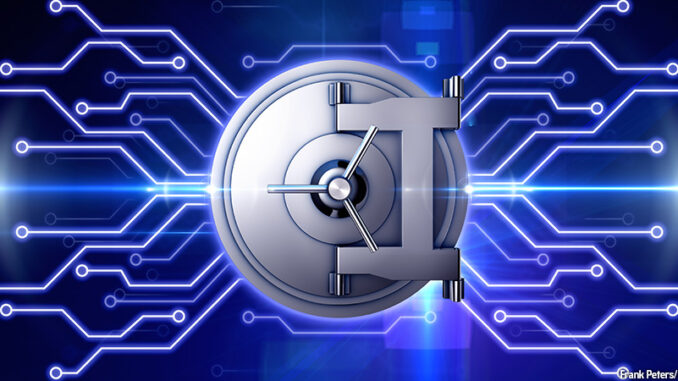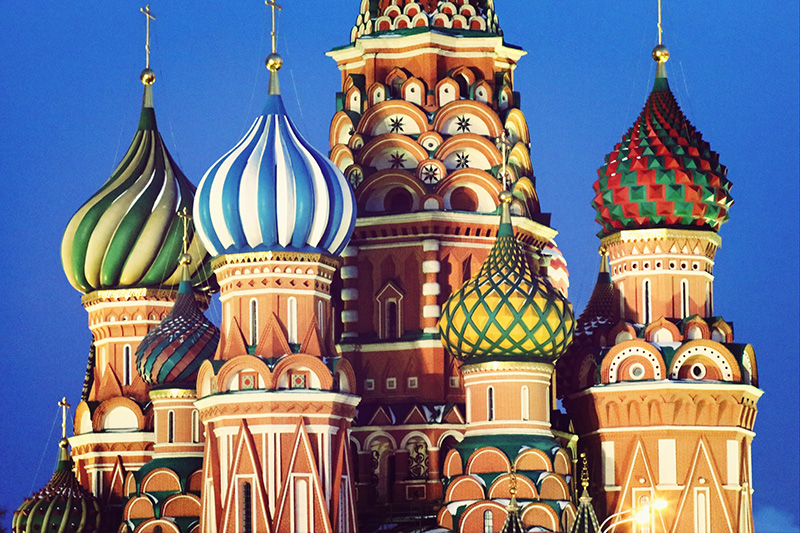
Rumors about Russian involvement in the presidential election have been circulating as long ago as last summer. Now, however, there is more evidence that Russian hackers, under orders from President Vladimir Putin, interfered in the election by breaking into the computers of the Democratic National Committee (DNC) and spreading propaganda and fake news stories.
New Reports
Last Thursday, top intelligence officials and a coalition of senators from both parties (led by Republican Senator John McCain) came together to assert that Russian hackers did indeed attempt to influence the outcome of the election. That same day, intelligence officials, led by James R. Clapper Jr., the director of national intelligence, provided a highly classified briefing on the Russian attack to President Obama. On Friday, the same briefing was also given to President-elect Trump.

Also last Friday, a declassified version of the report was released to the public, which did not contain the evidence included in the classified report but conveyed the same conclusions. In it, U.S. intelligence agencies revealed that the Russians had first hacked into the DNC servers as early as July 2015, and had maintained access ever since. The intelligence agencies also concluded that Putin himself ordered the cyberattack to cast doubt on the legitimacy of U.S. democratic elections, and later, to actively promote Trump to victory over Hillary Clinton.
Trump’s Response
In the weeks leading up to the election, President-elect Trump regularly dismissed the possibility of Russian interference in the campaign. He continued to deny Russian involvement even after President Obama imposed sanctions on Russia as punishment for the cyberattack. At the same time, Trump has regularly used Twitter to express his doubts about the U.S. intelligence agencies, while refusing to attend the majority of his daily intelligence briefings.
As recently as last Thursday evening, Trump tweeted that he did not believe the FBI’s findings that Russia was responsible for the hacks. After a two-hour briefing at Trump Tower the following day, the president-elect amended his position somewhat, acknowledging that Russia–though he blamed other nations as well, including China–was behind the hacks. However, Trump refused to admit that Putin’s goal was to help him win the election, and claimed that Russian interference had no influence whatsoever on the election results.
Gross negligence by the Democratic National Committee allowed hacking to take place.The Republican National Committee had strong defense!
— Donald J. Trump (@realDonaldTrump) January 7, 2017
Restructuring Intelligence
While vice president-elect Mike Pence stated after the briefing that the new White House administration will take aggressive measures to protect the American people from any future cyberattacks, it remains to be seen how Trump will approach U.S. intelligence services when he takes office in late January. Later this month, Mr. Clapper will step down as the director of the nation’s sixteen intelligence agencies and will be replaced by Dan Coats, a retired conservative senator from Indiana. Reports indicate that President-elect Trump plans to restructure the system of national intelligence, as well as send more CIA staff to foreign posts overseas.
